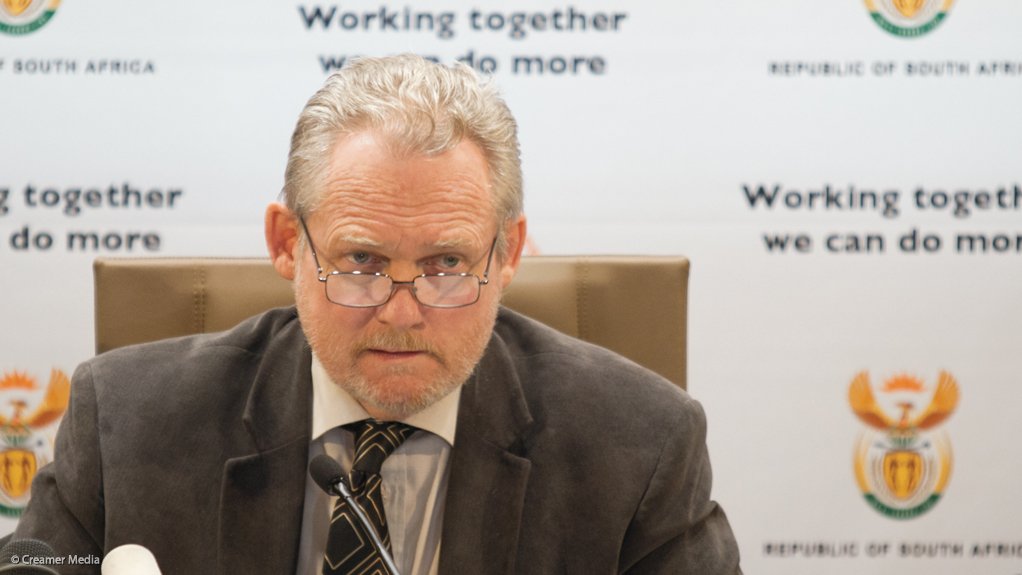Africa’s Tripartite Free Trade Area (TFTA) which embraces 26 countries, a combined population of up to 600-million people and a total gross domestic product (GDP) of $1-trillion will be officially launched in Egypt on June 10, Trade and Industry Minister Dr Rob Davies said on Thursday.
This followed years of negotiations between regional trade bodies the Common Market for Eastern and Southern Africa, the East African Development Community and the Southern African Development Community over trading tariffs, and came despite the outstanding finalisation of several tariff schedule agreements.
The landmark arrangement would be underpinned by robust infrastructure programmes designed to catalyse the regional market through interconnectivity – facilitated by all modes of transport and telecommunications – and promote competitiveness.
“The launch signifies the conclusion of negotiations on the legal instrument and will be followed by a process to finalise negotiations on tariffs and rules of origin – the key elements of a functional free-trade area.
“This is an important milestone in the implementation of the development integration agenda in Africa aimed at promoting market integration, based on industrial and infrastructure development,” Davies told journalists ahead of the presentation of his Budget Vote speech, in Parliament, on Thursday.
The launch of the TFTA would be followed by the launch of negotiations around the establishment of a Continental FTA (CFTA) at the African Union Summit, in South Africa, later that month.
Once established, the CFTA would offer a market of over 1-billion people and a GDP of $2-trillion, Davies asserted.
“The African market is crucial for South Africa’s industrialisation and job creation efforts as one of the key destinations for our value-added exports.
“We have been actively championing continent-wide industrialisation and an ambitious development integration programme,” he said.
Department of Trade and Industry (DTI) multilateral economic relations chief director for Africa Xolelwa Mlumbi-Peter told a business forum last year that issues remained around sovereignty within the TFTA negotiations, with some member States reluctant to cede certain rights and territories in the creation of a free-trade area
“There is an understanding that some ceding will have to occur, but a central challenge is how to work together as sovereign governments in a cooperative, legal framework.
“We’re not moving as fast as we’d like, but there is progress on the ground,” she commented.
Engineering News Online reported at the time that progress towards a launch of the TFTA was partly a result of the DTI’s “long” pursuit of regional integration and a realisation by the South African government that it “could not continue” under the existing constraints to intra-African trade.
EMAIL THIS ARTICLE SAVE THIS ARTICLE
To subscribe email subscriptions@creamermedia.co.za or click here
To advertise email advertising@creamermedia.co.za or click here











